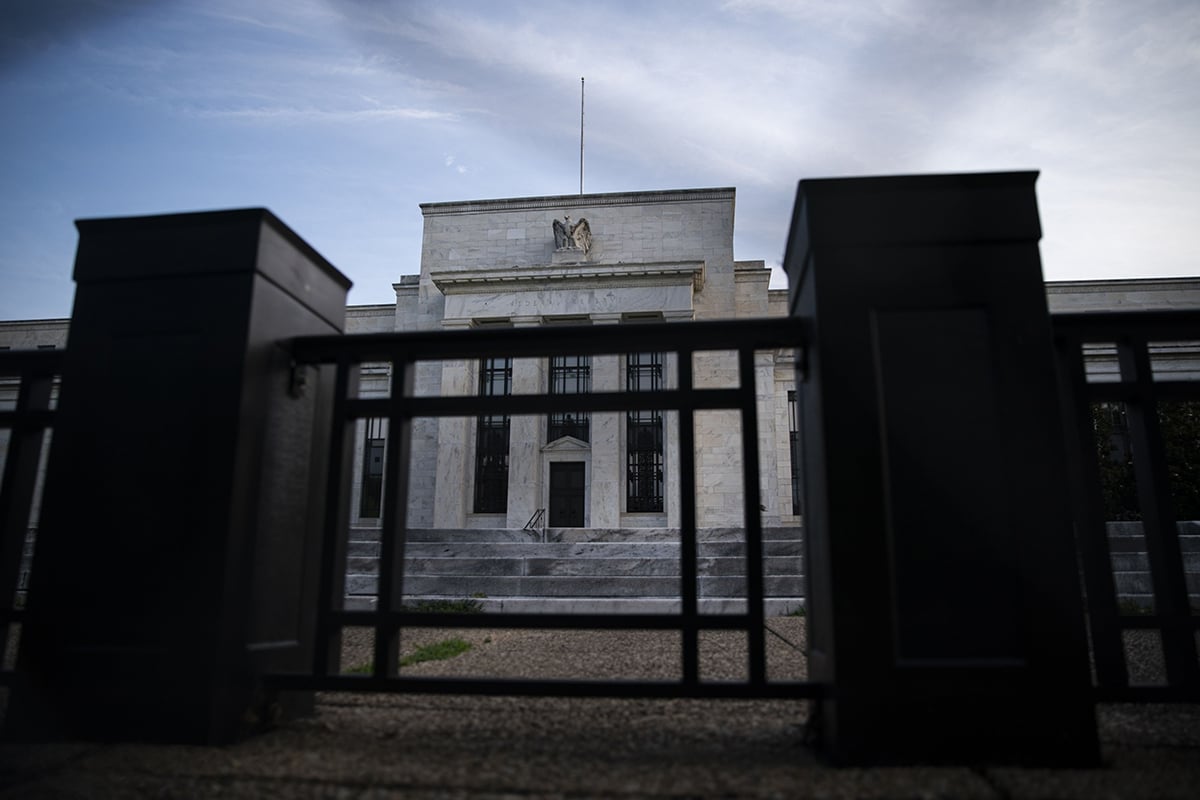Bankers and borrowers are bracing themselves for a difficultyear selling eurobonds now that the days of easy money are comingto an end.
|January's often the busiest month of the year for new bondsales, but as credit markets lose their biggest backer andpolitical threats loom—including Brexit, Italian fiscal angst, and trade woes—companies must wise up to 2019'sprimary-market challenges. In vogue: opportunism, front-loadedissuance, and higher borrowing costs.
|“The year as a whole will be window-driven, but many will try toaccess the market in January,” says Duane Elgey, a debt syndicatedirector at Societe Generale SA. “Once it is accepted that spreadsare not returning to early-2018 levels, there will be a number ofdeals coming back to market.”
|That's a picture similar to the last weeks of 2018, as financialconditions have worsened and borrowing costs increased as creditinvestors react to rising U.S. rates and the end of the EuropeanCentral Bank's (ECB's) stimulus program.
|“What we have experienced for the first time in many years is:If it's a bad market, it means there is execution risk. People areacutely aware of that and want to avoid that type of market,” saysFrazer Ross, Deutsche Bank AG's head of EMEA investment-gradecredit bond syndicate. January could be “very hit and miss,” and alack of jumbo merger-and-acquisition (M&A) activity could alsostymie sales, he said.
||
Pulled Deals
German car-parts maker ZF Friedrichshafen AG and paymentprocessing firm Ingenico Group both postponed deals in the pastcouple of months citing market conditions. Chocolate maker BarryCallebaut AG and U.S.-based Emerson Electric Co. are both yet tooffer bonds, even though they have met with investors for potentialdeals.
|Sales of new bonds dropped about 18 percent in 2018, to 227billion euros (US$256 billion), according to data compiled byBloomberg, with SAP SE selling probably the last corporate deal ofthe year on December 3. Closure of the market in December may meanthere are more borrowers now on the sidelines and looking to sellbonds next month.
|January issuers could be the first in more than two years tomiss out on the ECB's Corporate Sector Purchase Programme, as thecentral bank will end 2.6 trillion euros of quantitative easing atyear-end. That tally includes buying nearly 180 billion euros ofcorporate bonds in primary and secondary markets.
|The central bank is set to reinvest asset proceeds as theymature, although it's not yet clear what the mix will be betweennew bonds and secondary market purchases. Bonds maturing next monthinclude securities from BMW Finance NV, BASF SE and Orange SA, datacompiled by Bloomberg show. BMW has often been one of the firstissuers in the market each January.
|If market conditions are good enough, next month may be evenbusier than is normal for January, says Patrick Wuytens, head ofhigh-grade syndicate at ING Groep NV. “Issuers should betterprepare themselves for a potential window,” he says.
||
Brexit Risk
Getting in early may help issuers avoid volatility aroundlooming risks, such as the U.K.'s March 29 exit from the EuropeanUnion. This list of geopolitical dangers could also easilyscupper even modest expectations for primary sales next year.
|“The biggest concern is a lack of resolution,” says MarianoGoldfischer, global head of syndicate at Credit Agricole CIB. “Youcan analyze company fundamentals, but the uncertainty of thepolitical landscape could derail everything.”
|With so many uncertainties, there's no consensus on how manycorporate bonds will be sold in Europe next year. Barclays Plc andJPMorgan Chase & Co. analysts expect issuance to rise over thisyear, while UniCredit SpA's market watchers see volumes shrinking.BNP Paribas SA and Morgan Stanley predict broadly unchanged volumeson this year.
|The end of ECB support has contributed to a jump in borrowingcosts this year. Average euro investment-grade corporate spreadshave surged 75 percent this year, to 151 basis points, the highestin nearly three years, Bloomberg Barclays index data show. Issuerswill just have to accept that they aren't going down again anytimesoon, according to Suki Mann, founder of Creditmarketdaily.com.
|“Yields are higher and spreads are wider and costs to fund areelevated,” he says. “We will have reset the bar higher come2019.”
||
From: Bloomberg
|Copyright 2018 Bloomberg. All rightsreserved. This material may not be published, broadcast, rewritten,or redistributed.
Complete your profile to continue reading and get FREE access to Treasury & Risk, part of your ALM digital membership.
Your access to unlimited Treasury & Risk content isn’t changing.
Once you are an ALM digital member, you’ll receive:
- Critical Treasury & Risk information including in-depth analysis of treasury and finance best practices, case studies with corporate innovators, informative newsletters, educational webcasts and videos, and resources from industry leaders.
- Exclusive discounts on ALM and Treasury & Risk events.
- Access to other award-winning ALM websites including PropertyCasualty360.com and Law.com.
*May exclude premium content
Already have an account? Sign In
© 2024 ALM Global, LLC, All Rights Reserved. Request academic re-use from www.copyright.com. All other uses, submit a request to [email protected]. For more information visit Asset & Logo Licensing.







